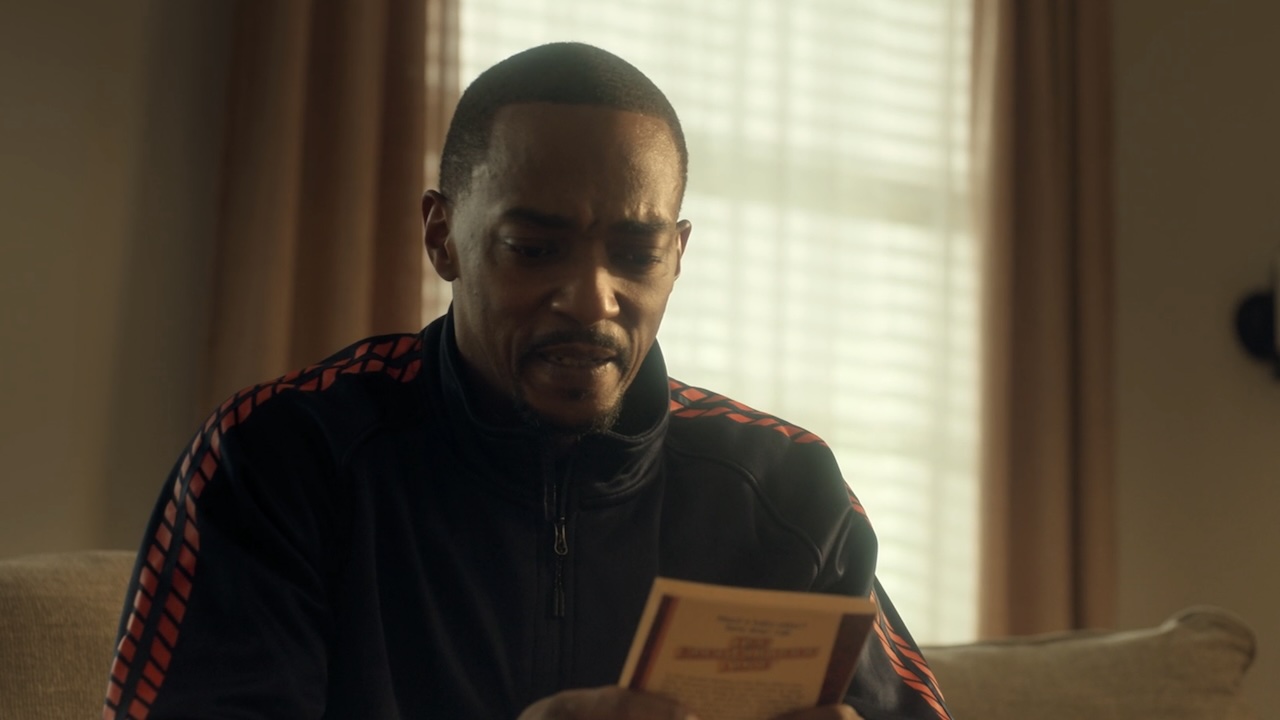The highly anticipated second season of Peacock’s “Twisted Metal” promises more than just vehicular mayhem and post-apocalyptic chaos; it delivers a surprising dose of literary nostalgia, particularly through actor Anthony Mackie’s character, John Doe. Viewers have noted Doe’s peculiar obsession with “The Baby-Sitter’s Club” novels, a detail that initially seems incongruous with the series’ gritty aesthetic. This unexpected pop culture reference has sparked considerable intrigue among fans, prompting questions about its deeper significance within the show’s narrative.
During a recent interview, “Twisted Metal” showrunner Michael Jonathan Smith offered a revealing insight into the genesis of this quirky narrative element. Smith explained that the inclusion of Ann M. Martin’s beloved series was deeply personal, serving as a poignant touchstone from his own family life. This deliberate choice underscores a commitment to infusing the high-octane action with moments of genuine human connection and unexpected sentimentality.
Smith elaborated that “The Baby-Sitter’s Club” held particular importance as it played a pivotal role in his daughter’s journey to literacy. This personal connection imbued the reference with a surprising sensitivity, acting as a counterpoint to John Doe’s typically gruff and survival-driven persona. The juxtaposition of a hardened character navigating a perilous world while fixated on children’s literature creates a uniquely compelling layer to his character development, resonating with audiences in unexpected ways.
The showrunner expressed a fondness for introducing such a seemingly delicate element into the brutal reality of “Twisted Metal,” noting the inherent humor and humanity it brings. John Doe’s distinct panic over a missing book in the series, despite the dire circumstances surrounding him, highlights the universal human desire for completeness and order, even amidst widespread disarray. This subtle character nuance enriches the narrative beyond its action-packed surface.
Beyond its personal significance, Smith also emphasized the powerful wave of nostalgia that “The Baby-Sitter’s Club” evokes for many. The series, which captivated generations of young readers, serves as a surprisingly resonant cultural touchstone. Its enduring appeal lies in its ability to connect with a broad audience through shared childhood memories, making its appearance in “Twisted Metal” a clever nod to collective popular culture experiences.
This deliberate incorporation of a universally recognized, albeit unexpected, literary series, transforms a simple character quirk into a moment of shared experience for the audience. The recognition factor builds an immediate connection, allowing viewers to appreciate the layered humor and the showrunner’s thoughtful attention to detail. It demonstrates how even in a chaotic landscape, elements of everyday life and personal history can emerge as vital narrative threads.
The question remains whether John Doe will ever complete his journey through “The Baby-Sitter’s Club” series, or if his literary quest will be perpetually interrupted by the demands of survival. This ongoing narrative thread provides a humorous and relatable subplot within the larger, more explosive events of “Twisted Metal” Season 2. Audiences are encouraged to tune into the new episodes dropping Thursdays on Peacock to see how this peculiar literary obsession unfolds.






Leave a Reply